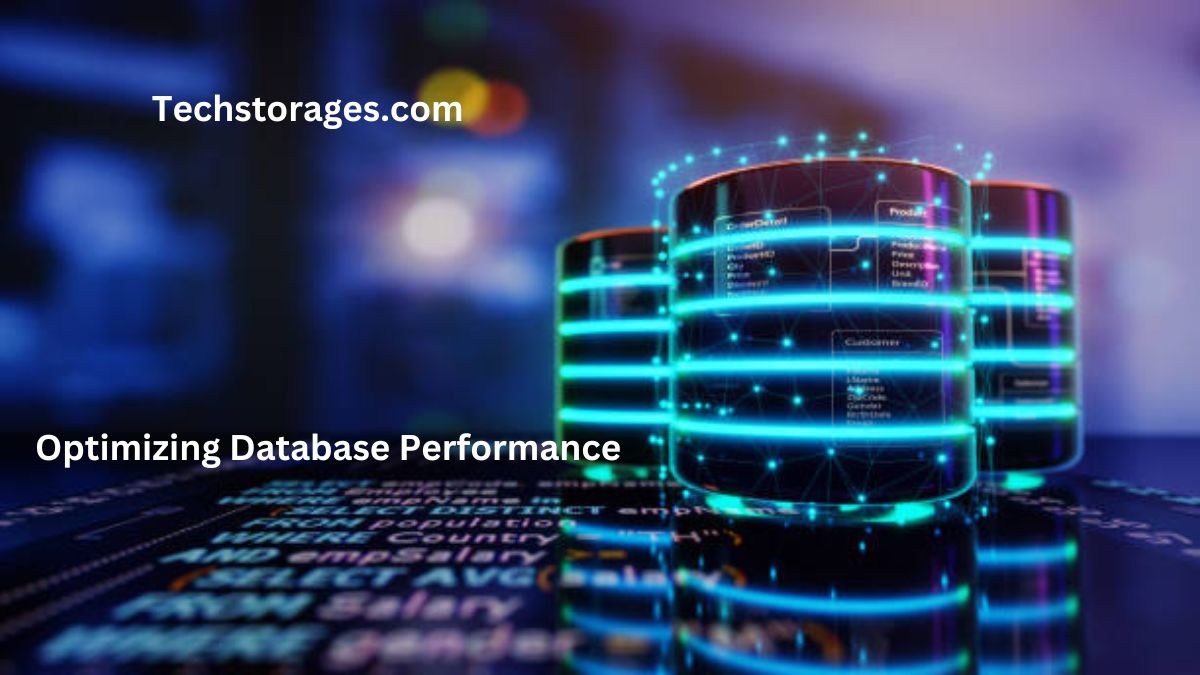There is no denying the fact that the fintech industry is undergoing a massive transformation. The major drivers of this transformation are artificial intelligence and blockchain technology, which are automating the process and increasing the security in financial transactions.
Though individually, we are all aware of their capabilities and powers, how they will turn out as a combination in the fintech industry will be really surprising.
In the ever-evolving financial technology space, AI and blockchain technologies are quickly redefining the rules of engagement. When we combined these two tech giants, these transformative innovations not only promised smarter decision-making but also enabled you to make faster, safer, and more transparent transactions than ever before.
And the way the demand for digital financial services grows, the demand for digital financial app development services is playing a crucial role in creating seamless, user-friendly platforms that confidently meet modern financial needs.
From personalized budget management to enhanced security and faster transactions, AI and blockchain are not only improving the user experience but also building a more powerful foundation for a transparent financial ecosystem.
Before you hire blockchain developers to revamp your business operations, you need to dig deep into this blog to understand how AI and blockchain in the Fintech industry are changing the landscape.
Understanding the Pain Points of the Existing FinTech Industry and Pro Solutions
Before you adopt this powerful tech combination, you must know what challenges you need to address in your existing system. To reap the best potential of both AI and blockchain in the fintech industry, let’s identify the real pain points of the industry.
1. Rising Cases of Fraud and Security Breaches
No matter whether a startup or an enterprise, FinTech companies are highly vulnerable to cyberattacks, identity theft, phishing scams, and data breaches. And protecting the data or preventing these breaches with the traditional system will be a real challenge.
Most conventional systems are based on centralized databases where everyone has access to the data. In that case, AI and blockchain technology turn out as a powerful combination that helps prevent data fraud.
Here’s how:
AI detects suspicious activity in real-time through behavioral analysis and pattern recognition. On the other hand, blockchain adds an immutable, tamper-resistant layer for secure record-keeping.
2. Chasing a Lack of Transparency in Data
While conducting international financial transactions, financial institutions are always struggling with a lack of data visibility and accountability. At times, users have to deal with various hidden fees, causing transactional delays, and unclear processes reduce customer trust.
This is where your decision to hire AI engineers can help automate the process and generate real-time analytics and audit trails, which enhance visibility across transactions. Secondly, implementing blockchain into the process enables transparent, auditable financial records through distributed ledgers.
3. Manual Processes and Costly Compliance
In the fintech industry, there are various regulatory compliances like KYC or AML that require intense manual efforts that not only lead to high operational costs but also increase the risk of having errors.
Human error and inconsistencies in the financial process can lead to financial blunders, costly penalties, and even legal issues.
So the smart move is to implement AI that streamlines the AML/KYC processes by automatically verifying documents and screening against global databases.
In addition, blockchain adoption in fintech apps can help securely store the identity and compliance records that enable faster audits and verifications. The report says that automating compliance with AI reduces manual review costs by up to 60%; therefore, using this combination in fintech apps will be a worthy decision.
4. Limited Financial Documentation
Billions of people across the globe do not even remain unbanked due to a lack of identity documents, credit history, or access to financial infrastructure. Usually, traditional scoring models exclude individuals with no formal financial history and make it really challenging for them to enter and manage the financial banking system.
By looking forward to hiring AI development services, you can integrate AI models that use alternative data for credit scoring, including those with no formal financial history. Also, consider integrating the blockchain capabilities that will enable decentralized ID systems and give unbanked populations verifiable identity without government-issued papers.
Conclusion
Hopefully, by the end of this blog, you will have a clear idea of how the fintech industry is rapidly evolving and facing several persistent challenges, ranging from fraud and compliance issues to a lack of transparency and limited financial inclusion. Overcoming such challenges with the traditional system often struggles with security, manual processes, and inefficiencies in transaction handling. So the brilliant solution is to look forward to adopting AI and blockchain technology to get complete control over data and transactions.



